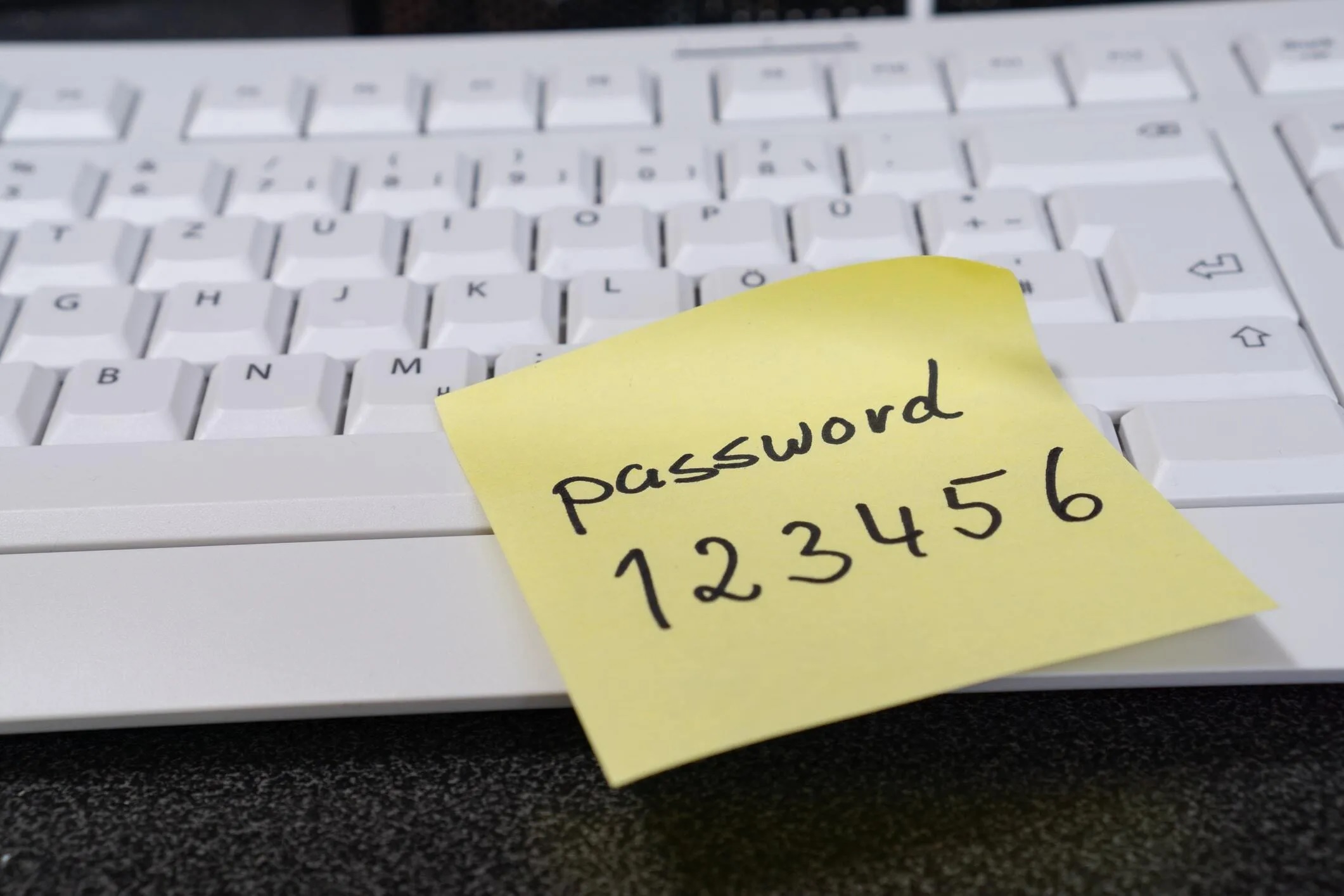Simple password mistakes expose online accounts, Uswitch study finds

New research by Uswitch has found that more than a quarter of online users are potentially exposing their accounts to hackers by using easily identifiable passwords and not updating them regularly.
To coincide with the annual World Password Day, Uswitch has urged Britons to follow several best practices to keep their accounts and personal data safe and secure while browsing online.
One of the most glaring mistakes made is using popular passwords such as ‘123456’, ‘password’ and ‘qwerty’, which makes it easy for cyber thieves to access accounts.
Uswitch also found that 30% of people use passwords with pet names, birth years and other personal information, while 26% are not changing them regularly enough.
To keep attackers at bay, the comparison site has urged online users to use a mix of numbers, symbols and acronyms in passwords, and to input a different one with variations for each site.
Uswitch broadband expert Nick Baker added: “Using two-step authentication or password managers can be a good way to ensure your data is secure from hackers, without having to share or write down your information.”
Passwords that are duplicated and include memorable keyboard paths and loved ones’ names should also be avoided.
Cyber security company Check Point echoed these sentiments and advised people to use passwords with eight characters or more and to change them monthly to deter criminals.
Deryck Mitchelson of Check Point said that this is crucial as the attacks from malicious third parties become more sophisticated, and the techniques being used quickly evolve.
